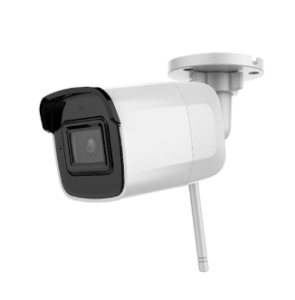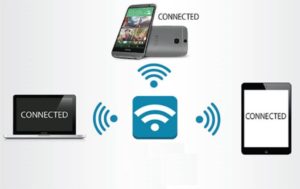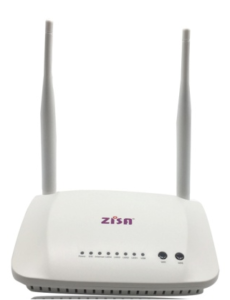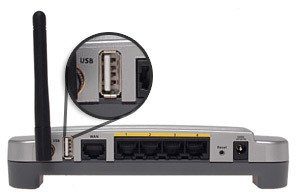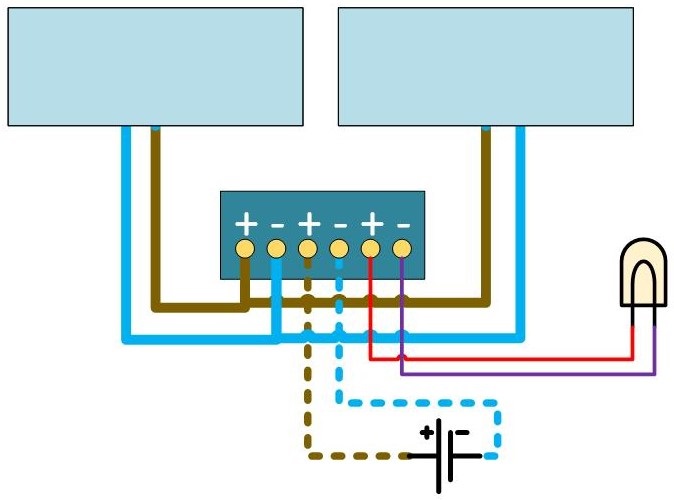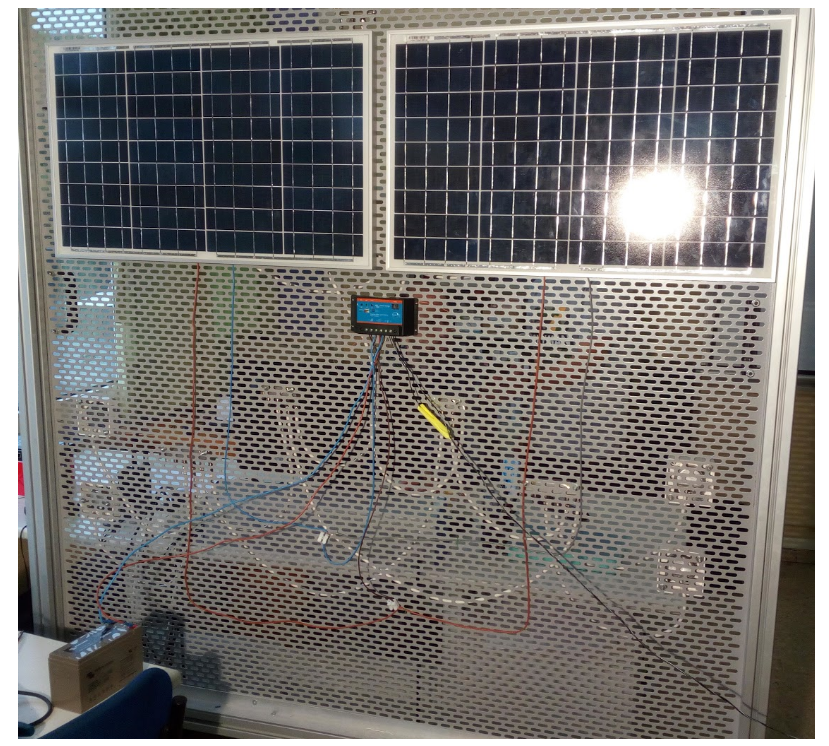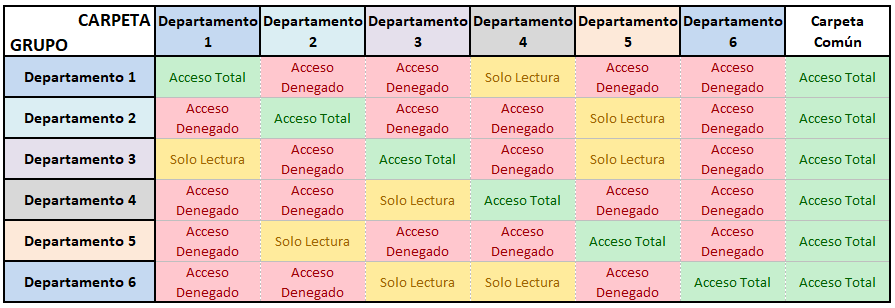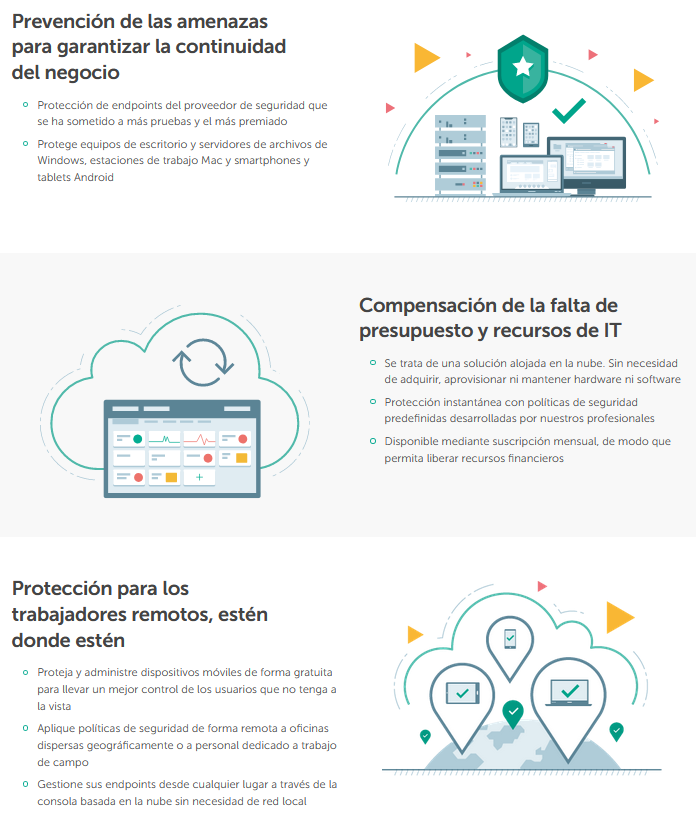Los jóvenes estudiantes de CIFP Tartanga han entrado en el sector de las telecomunicaciones ofertando nuevos servicios y renovando el mundo informático y de telecomunicaciones.
Esta empresa, Lenor, es una empresa creada desde cero en un pequeño centro formativo de Erandio, Tartanga CIFP y estos son los integrantes del grupo: Ander Remiro, Daniel Carvajal, Fernando Vázquez, Zahara Redondo, Iraia Fernandez y Fernando González. Todo empezó como un reto, los profesores les asignaron un trabajo y ellos tenían que cumplirlo e ir superando cada reto con creces. La primera empresa que confió en ellos para que les resolviesen sus problemas y renovasen toda la infraestructura de redes fue Pinturas Paint y tras cumplir con las necesidades pedidas y adquirir buena fama se fueron creando un hueco en el mercado y la empresa se fue expandiendo cada vez más hasta hacerse conocida y competente.
En el primer proyecto de estos jóvenes tuvieron que hacer todo el diseño de la red, el cableado, equipar una sala de usos múltiples para que haya una buena acústica y domotizar varios aspectos de la empresa (el alumbrado, y la seguridad) para poder entrar en el nuevo mercado y lo cumplieron, por lo tanto, la empresa de pinturas quedó satisfecha y llevó a cabo su propuesta.
Después de terminar este primer reto tenían que afrontar el siguiente proyecto y se trataba de domotizar el alumbrado y el regadío del campo de fútbol de Erandio Goikoa (Arteaga), equiparlo con paneles fotovoltaicos y que a su vez alimenten un sistema de VSAT y que tengan la posibilidad también de alimentar otros dispositivos de bajo consumo. Finalizaron este proyecto y el ayuntamiento de Erandio y los gerentes del campo de fútbol aceptaron la propuesta por lo tanto decidieron llevarla a cabo ya que les gustaron las ideas que dieron estos estudiantes y las veían óptimas.
Estos jóvenes, después de terminar los retos asignados por el profesorado y ver que las propuestas que hacían eran aceptadas y que los clientes se quedaban satisfechos decidieron finalmente crear la empresa de verdad ya que se veían con futuro en el mundo de las Telecomunicaciones y vieron que podían destacar por sus bajos precios y su buena calidad.


Zahara Redondo Sainz de Rozas
LENOR SN

